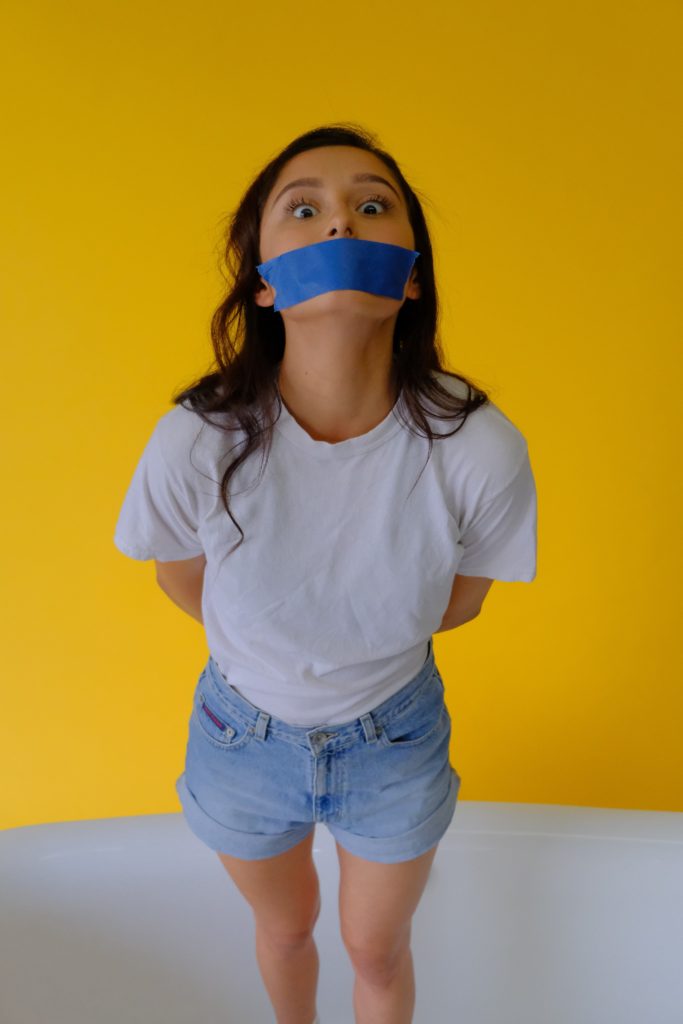The justices struggled to determine how the First Amendment applies to public schools’ power to punish students for social media posts and other off-campus speech.
by Adam Liptak for the New York Times, April 28, 2021

WASHINGTON — In a freewheeling two-hour argument on free speech in the age of social media, the Supreme Court seemed inclined to reject an appeals court’s sweeping ruling that the First Amendment does not allow public schools to punish students for what they say outside school grounds. Instead, the justices seemed to favor a modest decision that would leave many difficult questions unanswered.
The case concerned Brandi Levy, a Pennsylvania high school student who expressed her dismay over failing to be chosen for the varsity cheerleading squad in a colorful Snapchat message.
The message, sent on a Saturday from a convenience store to about 250 people, included an image of Ms. Levy and a friend with their middle fingers raised, along with a string of words expressing the same sentiment. Using a swear word four times, Ms. Levy objected to “school,” “softball,” “cheer” and “everything.”
Though Snapchat messages are meant to be ephemeral, another student took a screenshot of this one and showed it to her mother, a coach. The school suspended Ms. Levy from cheerleading for a year, saying the punishment was needed to “avoid chaos” and maintain a “teamlike environment.”
Read the full article HERE from the New York Times.